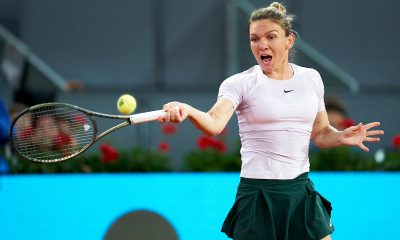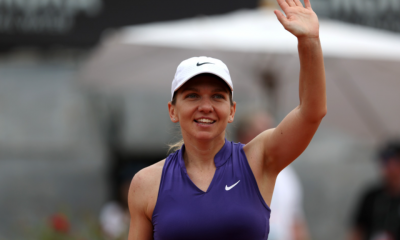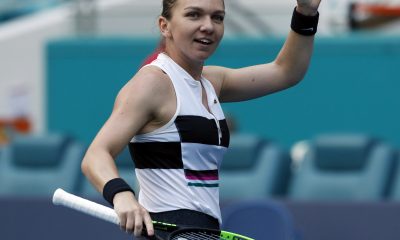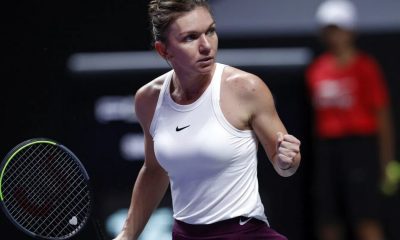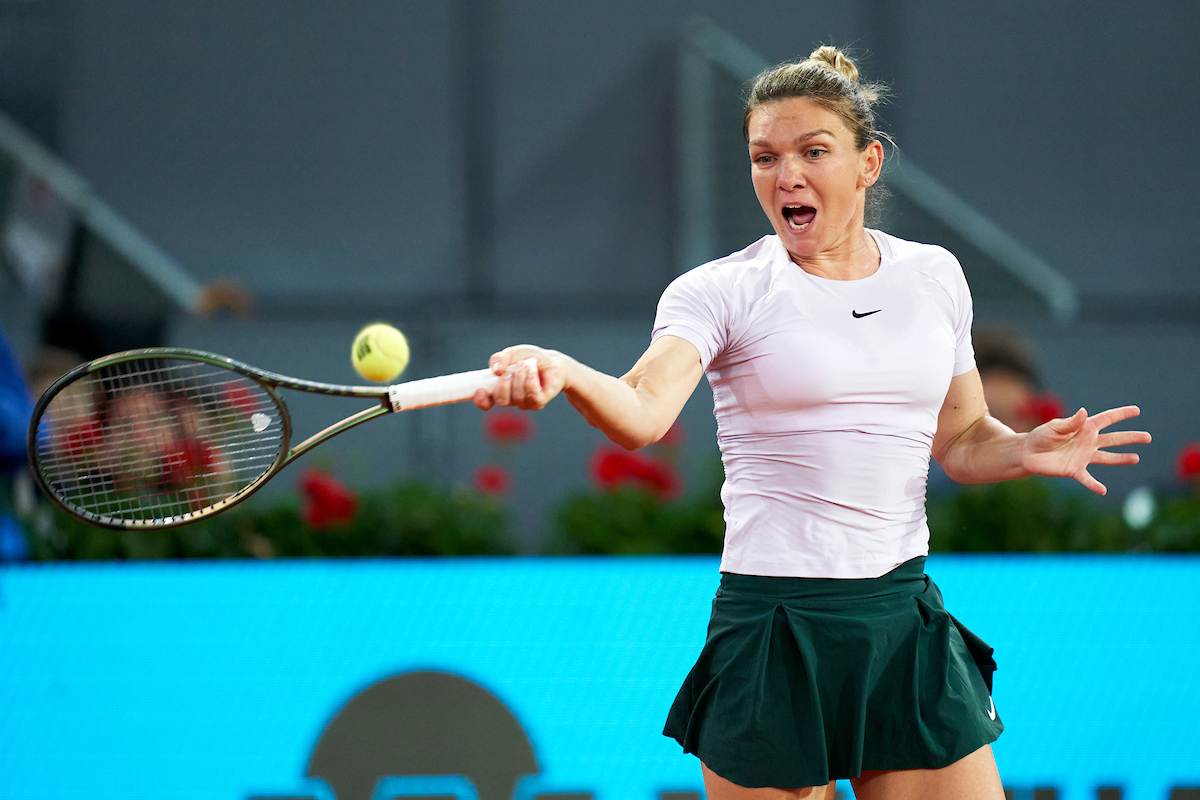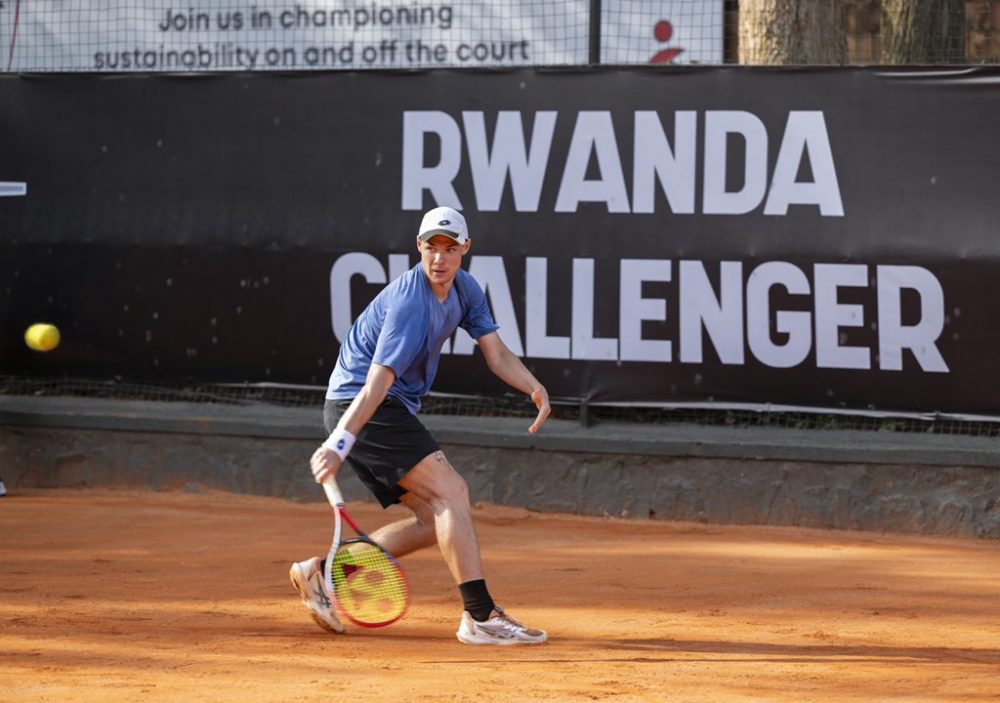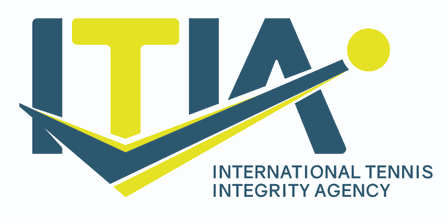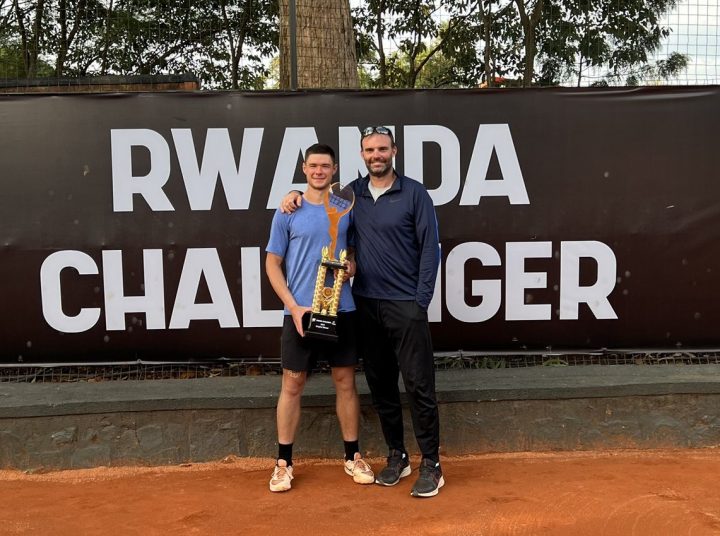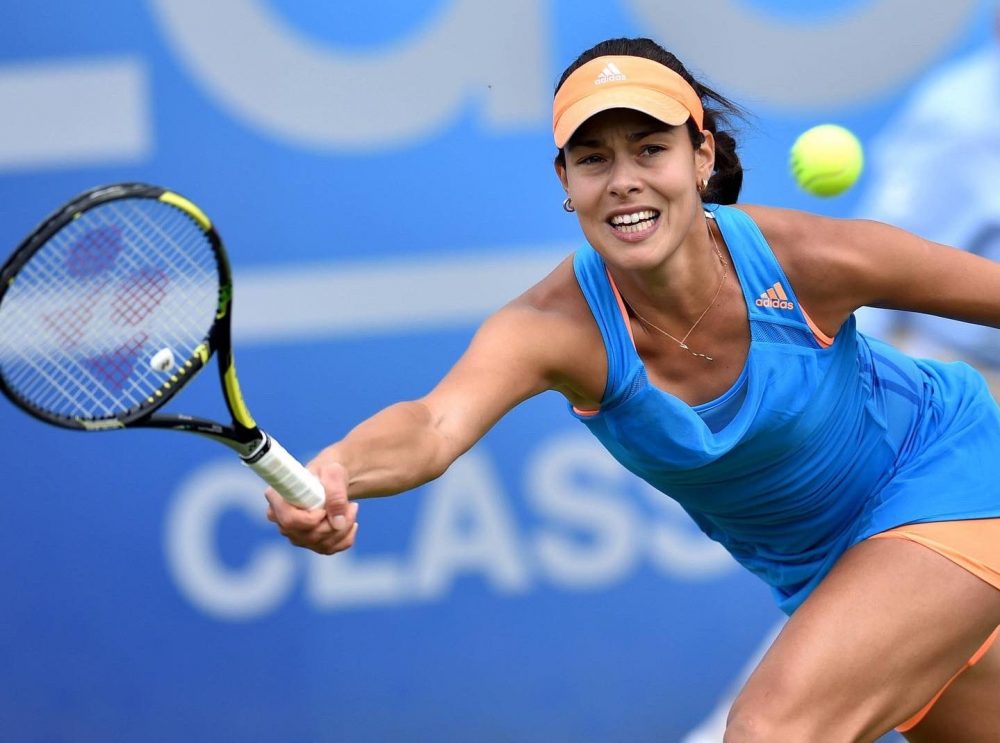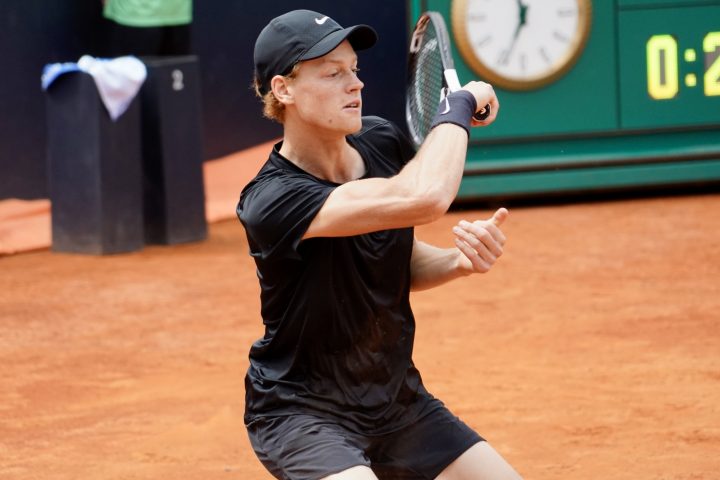Tennis’ anti-doping body has been under scrutiny in recent days following the reinstatement of Simona Halep.
The former world No.1 had been banned from the sport for four years after testing positive for the banned substance Roxadustat, as well as having abnormalities in her Athletes Biological Passport (ABP). The penalty was handed to her following a hearing with an independent panel. The International Tennis Integrity Agency (ITIA) at one stage pushed for her to be banned for six years. However, an appeal to the Court of Arbitration for Sport (CAS) substantially reduced her ban to nine months after concluding she likely consumed a contaminated substance and dismissed the ABP violation charge. The significance of such a reduction has risen questions about the integrity of ITIA’s “independent tribunal.”
Halep, who has earned more than $40M in prize money during her career, had the luxury of being able to afford to take the ITIA to court. But what happens to those who can’t afford to do so?
In 2022 Kamil Majchrzak was steadily rising up the ATP rankings, peaking at a career-high of 75th and ending the season in the top 80. For the first time, he had played in the main draw of all four Grand Slams and reached the quarter-finals or better at three Tour-level events within the same year. Then his hard work disappeared.
Majchrzak was provisionally suspended after testing positive for three banned substances (SARM S-22, LGD-4033 and PPARδ agonists). Eventually, he proved his positive samples were due to contaminated isotonic drinks but he was still suspended for 13 months under the liability rule which states players have ultimate responsibility to ensure they are taking legal substances. Due to cramping during the US Open swing, Majchrzak had consulted with a reputable dietitian in Poland. The dietitian works with numerous Olympic and professional athletes and had recommended the same isotonic drinks which had been used and tested without any problems.
What was not publicly reported at the time was the ordeal that the Pole and his team experienced, until now.
“In many of the cases of athletes, they only test positive once. A lot of athletes can explain that either by passing the blame to someone in the team or through contamination. There’s been some wild and wonderful stories. I’m not for one second, implying that they are not truthful or accurate, but some of them are quite fanciful,” Majchrzak’s coach, Marcel du Coudray, told Ubitennis during a lengthy phone call.
“In our case, the burden of proof was huge, because Kamil had four positive tests in the space of 5 weeks. It meant that we had to have a very accurate explanation. And the scientific evidence had to be extremely accurate. So our burden of proof was incredibly high.”
Du Coudray is no stranger to the world of tennis with his previous pupils including Nikolay Davydenko, John Peers and Henri Kontinen. However, dealing with the ITIA was a completely new ordeal.
“The ITIA tried to imply that because he failed four tests, he was more guilty even though we could prove the contamination,” he explained.
“They said to us ‘We want to make an example out of Kamil’ and they didn’t care.’
“We felt comfortable with our case and told the ITIA that we were prepared to take the ITIA to CAS.The scientific evidence required to explain the findings of 4 positive tests (with 3 different contaminants) in 5 weeks is much higher than just a one off test. In addition, the amounts detected were microscopic, at least 1000 times less than required to begin to have any effect. Given this overwhelming proof, we were astounded by ITIA’s attitude towards the case”
When Majchrzak and his team discussed the possibility of taking the case to CAS, they noticed a change in the communication from the ITIA. Something that appears to be a deliberate tactic in the eyes of Du Coudray.
“They went silent for a number of weeks, they wouldn’t reply to anything, or simply delayed answering,” he said.
“Our lawyers had said that they often do this if you want to take them on. They give you no option. They make you an initial offer to agree to a sanction, but if you want to go to CAS, they’re going to delay the process so much longer that you would have been better off accepting the initial offer.”
The accusation of the ITIA taking a while to deal with players is something that has been brought up before. Halep might have ended up being awarded a nine-month ban but she missed 18 months of the Tour. Meanwhile, Tara Moore failed a drugs test in May 2022 but a panel didn’t conclude that contamination was the cause until December 2023.
Trying to prove a player’s innocence isn’t a cheap process. Du Coudray estimated that it cost a couple thousand euros to send the substance in question to a lab to investigate. Furthermore, players pay for each test that is conducted rather than in bulk. This is why it is not feasible to test every supplement before consuming them.
‘The ITIA bullies athletes’
After considering his options, Majchrzak opted not to take his case to CAS out of fear that the process could end up sidelining him from the sport for even longer. A warning that was issued to his team by his lawyers.
“There’s no question about it. The ITIA bullies athletes into accepting these punishments,” Du Coudray states.
“They don’t particularly care how long the cases take because it doesn’t matter to them. Athletes are entitled to a fair hearing but there is no way that this process is fair. Athletes are in a race against time, it’s their time, and it’s their career time that has a very finite duration.
“The ITIA has an infinite number of days. They can take as long as they want and I want to say that they have a much larger budget because they’re playing with somebody else’s money, it’s not their own.
“Their tone also pressures you into accepting their offered sanction. We weren’t really discussing with them whether we could beat them or not – Kamil was able to prove his innocence and prove beyond any doubt that it was accidental contamination. It was whether we wanted to accept the length of time that they would force us into.”
Throughout Majchrzak’s suspension, he didn’t receive any sort of welfare check because no such system was in place. Both he and Du Coudray spoke to a medical professional for help with their mental health due to the toll the process took on both of them.
“There were some very, very dark months immediately after the positive test. And the pressure that is put on the athlete is very heavy. If you are feeling a certain way, please get in touch with a professional, whether the athlete is guilty or not. What we don’t want to have happen is that it’s going to cost someone their life.”
Reform and the future
The ITIA was set up as an independent body in 2021 by the seven governing bodies of tennis – ATP, WTA, ITF and the four Grand Slams. Their objective is to ‘promote, encourage, enhance and safeguard the integrity of their professional tennis events worldwide.’ Besides doping, they are also responsible for protecting the sport from corruption offences such as match-fixing.
However, Du Coudray and others have concerns about how the organization operates. The question is can changes be made or is there a case for the entire organization to be disbanded?
“Having dealt with the personalities there I think they are quite egotistical. They would not welcome any accountability just given how they have spoken to the athletes and the interactions that we’ve had,” he commented.
“I don’t know these people individually. But they do come across as being incredibly arrogant. So I’m not sure that they would welcome any reform.
“I don’t think it needs to be disbanded because I would love to have a system that is transparent. There’s no room for doping in sports. But when you have players like Kamil tested 15/20 times a year and we know of other players who don’t get tested more than one or two times.
“I don’t know what the perfect answers are. But definitely, there needs to be very intense discussion and concrete changes made.”
Majchrzak returned to the Tour during the first week in January at an ITF event in Tunisia where he came through qualifying en route to winning the title. Since then, he has won a second ITF title, a Challenger event in Rwanda and reached the semi-finals of another Challenger that was also held in Rwanda.
He is now ranked 396th in the world. However, his team is not getting too carried away when it comes to managing expectations.
“It would be a heavy burden to put such a strict timeline on it by the end of the year,” Du Coudray replied when asked if Majchrzak is targeting the top 100 before the year ends. “Kamil’s playing very well. We have to get through this year. Making sure that we are as well prepared for each level as we go up the rankings as possible. As we get higher and higher it is going to get more and more difficult.”
The coming months will be another battle for Majchrzak and his team but this time it will be on the court.

 Hot Topics2 days ago
Hot Topics2 days ago
 Hot Topics3 days ago
Hot Topics3 days ago
 Hot Topics2 days ago
Hot Topics2 days ago
 Hot Topics1 day ago
Hot Topics1 day ago
 Hot Topics1 day ago
Hot Topics1 day ago
 Hot Topics2 days ago
Hot Topics2 days ago
 Latest news14 hours ago
Latest news14 hours ago
 ATP15 hours ago
ATP15 hours ago

